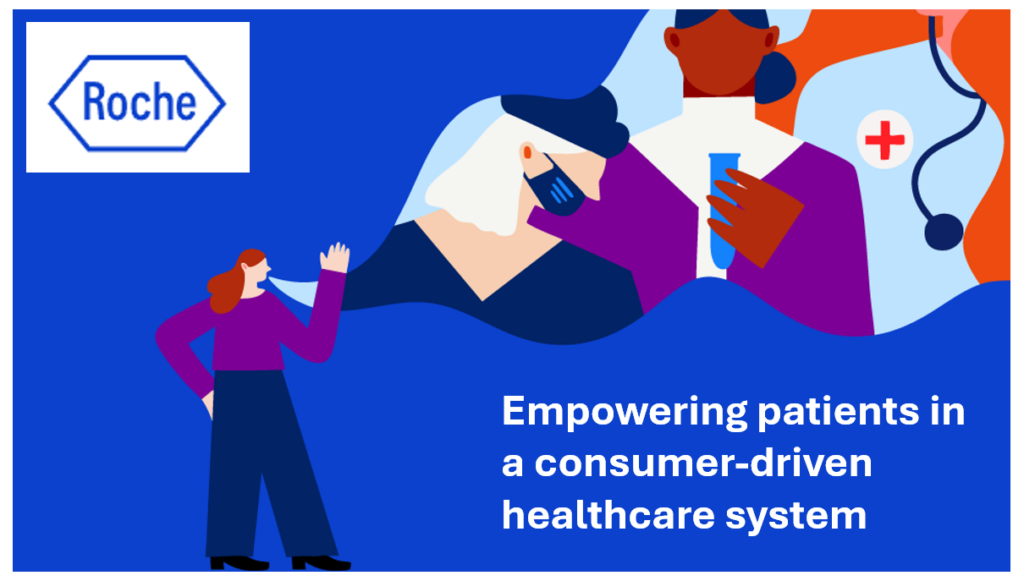A majority of the U.S. public does not want politicians to “up-end” government-funded health programs, according to the Kaiser Family Foundation’s March 2023 Health Tracking Poll.
![]()
Social Security, Medicare, and Medicaid all garner most partisans’ support whether identifying as Democrat, Independent, or Republican, KFF found in their monthly poll of U.S. voters ages 18 and over.
The survey was conducted online and by telephone among 1,271 U.S. adults between March 14-23, 2023.![]()
Among all the important findings in this well-timed poll, I’ll point to the issue of public trust that underpins most health citizens’ perceptions of Congressional arguments about Medicare as “more about both sides playing politics with the issue” — or as KFF succinctly puts it, “mostly political games.”
Check out the green bars in the second chart to see that, cross party ID, most American adults see those political games versus sincere plans put forth by their representatives on Capitol Hill. ![]()
Most health citizens, cross party affiliation, are worried about the future of Medicare .. and that includes even 78% of those younger people in the U.S. who are 18 to 29 years old.
The biggest cohort of U.S. adults worried about the future of Medicare are those who will age into the program in the next year to 15 years — those 50-64 years of age, 87% of whom are concerned about the future of the program they’ll join at retirement.
With those concerns in mind, most people cross party and age do not believe that the U.S. Congress has authentic plans to deal with the stability of Medicare going forward.
Health Populi’s Hot Points: KFF’s poll is well-timed (as usual) because of the impending debt ceiling discussions facing U.S. legislators — some of whom are advocating for cuts to so-called entitlement programs.
“Entitlement,” it turns out, is in the eye of the beholder — or beneficiary, as we see in the KFF poll.![]()
This last chart makes the point that if you have a connection to Medicaid, you tend to see it as “health insurance” versus a “welfare program.”
This is true even among people who affiliate with the GOP: “Republicans with a connection to Medicaid are more likely to view it as a health insurance program rather than a welfare program,” KFF found.
We are all health citizens at the end of the day.
As Prof. David Cutler of Harvard pointed out in his March 23, 2023, viewpoint in JAMA Health Forum, “beware of averages in an unaverage world.”
It’s amazing what happens to a person when, say, a hurricane devastates their community, or a train crash results in environmental hazards to one’s kids. Suddenly, the role of Federal and State governments takes on a very personal role — and value.




 I was invited to be a Judge for the upcoming
I was invited to be a Judge for the upcoming  Thank you Team Roche for inviting me to brainstorm patients as health citizens, consumers, payers, and voters
Thank you Team Roche for inviting me to brainstorm patients as health citizens, consumers, payers, and voters  For the past 15 years,
For the past 15 years,